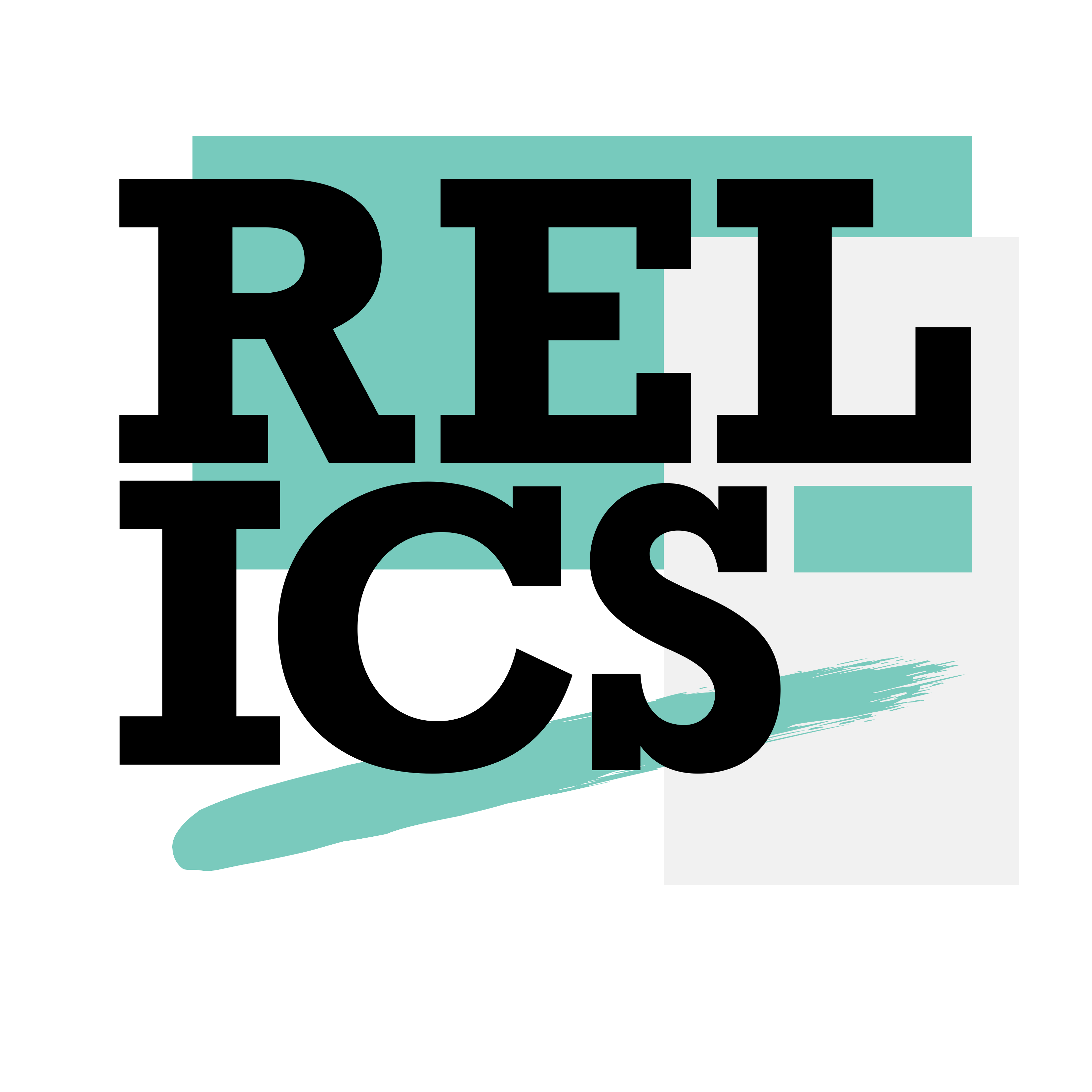Last year, the research group RELICS organised an online roundtable discussion on the future of Latin studies. Excellent impulse talks and vivid discussions made the event a success, which is why we have decided to continue the effort. Future roundtables will focus on topics which last year’s discussion highlighted as particularly relevant for the field. This year, we will look at the teaching of Latin from various points of view.
How can Latin studies benefit from recent developments in language teaching in general, which are partly fuelled by digital tools including AI? What role can spoken Latin play in an educational context? How do we balance students’ interest in the culture and history of Antiquity, the Middle Ages, and Early Modernity with the more technical aspects of language training? Debates about canonisation are generally relevant but may take on greater urgency in the classroom since this is the space where future interests and ensuing scholarship are being shaped. Questions of inclusivity and representation come to mind in this context. We welcome contributions on less instutionalised learning contexts and also invite discussion about the role of continuing education. How may we foster a mindset of ‘lifelong learning’ among Latin teachers to the subject’s benefit? We further encourage participants to think about the concrete realisation of those ideas through policy shaping, sharing expertise, and the development of teaching material. Finally, we hope to understand some of the national differences and how countries can learn from each other’s approaches and challenges.
We plan to hold the event on Thursday 23 May 2024 over Zoom. The exact time will be decided on the basis of participants’ time zones and will be communicated later. For now, we invite concrete expressions of interest: These can be short thoughts that you would consider worth discussing, or more elaborate proposals for substantial contributions to the discussion. On the basis of this, we will select speakers to give impulse talks of five minutes that serve as a basis for the ensuing discussion. Scholars and teachers from all possible backgrounds including universities, secondary schools, and independent organisations such as reading groups are invited to get in touch.
Proposals and remaining questions should be sent by 31 March to info@relicsresearch.com.
With kind regards,
Elodie Paillard (The University of Sydney/HEP Lausanne)
Simon Smets (University College London/Yale University)
Klazina Staat (Vrije Universiteit Amsterdam)

